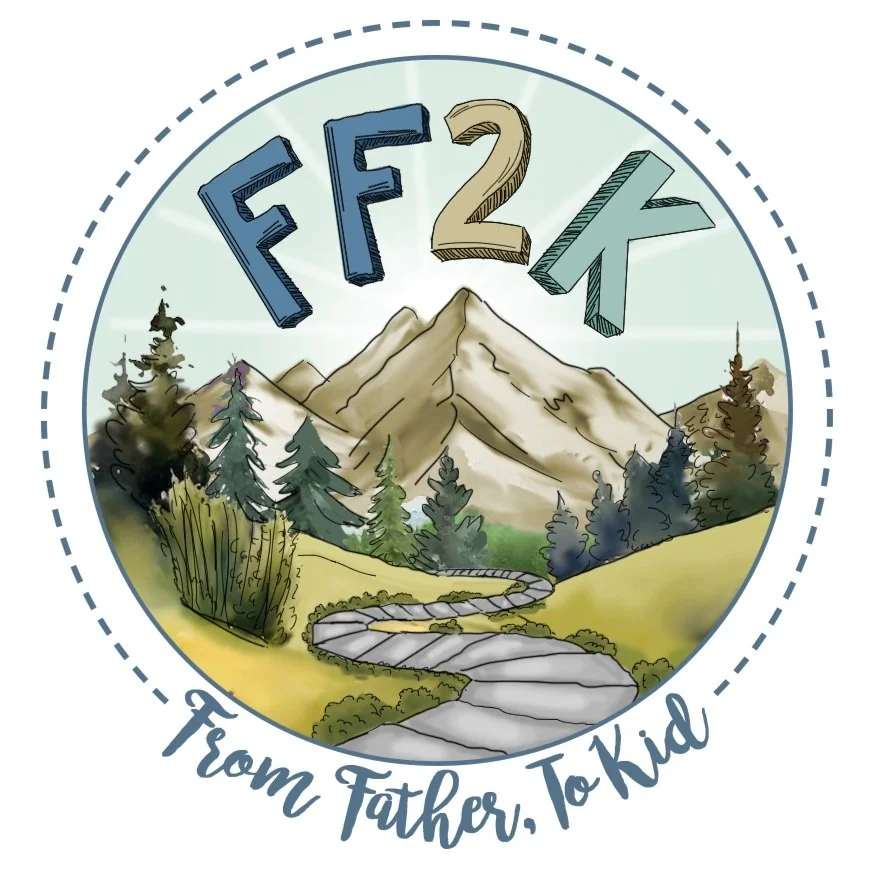The Quiet Work of Noticing
“To acquire knowledge, one must study;
but to acquire wisdom, one must observe.”
Marilyn vos SavantThe best leaders I know aren't the ones with all the answers. They're the ones asking better questions.
This past week, I sat at a leadership conference listening to the keynote speaker talk about "observational leadership": the practice of choosing curiosity over certainty. Of really looking outward. Of noticing the unspoken things that quietly shape everything. It's a deceptively simple idea. But it landed hard.
Because a year ago, I unintentionally decided to test this on myself. Not in a meeting or a strategy session, but in the most vulnerable place I could think of: a blank page.
I started writing. Every single week. Not for an audience, not for a deadline. Just to see what I'd notice if I actually made space to observe.
Here's what I learned: Most of what I notice, someone else has noticed too. That used to bother me. I wanted to be original, to say something that would shift perspectives or change minds. I know I'm not the smartest or most creative, so why try to write what is probably already better said by someone else?
But over this past year, I realized: the point isn't to be the first or the best. The point is to be honest. To trust that if something makes sense to me, it might make sense to someone else who's been waiting to hear it in just this way.
There's a kind of quiet leadership in that. Not the kind that announces itself, but the kind that listens, notices, and gives voice to what's been overlooked.
Some days I write things I'll never show anyone. Some days it's just a way to clear my mind so I can see what's actually happening around me: on my team, with clients, in the patterns I'd otherwise miss.
This morning I wrote about "limitless support." The idea that we all need support, but that support looks different for different people, and individual needs change. Not just what they need to feel supported, but how they need to be supported. What one person experiences as care, another might experience as suffocation. Here's what writing it helped me see: when you help someone understand what support looks like for them, they start to understand what support looks like for those around them. That's how support becomes limitless. It can't be through scale or systems alone, but also through people learning to truly see each other. It's a reminder that systems and efficiency can't solve everything. Some things require attention. Observation. Care.
I wouldn't have noticed that without making space to write. Without choosing to observe instead of just reacting. And that's been the pattern all year: small noticings that add up. They become a record of what I've learned and who I'm becoming as a leader.
Observational leadership starts with observing yourself. With making space even when you're not sure what will fill it. With choosing curiosity over certainty.
And trusting that in the act of noticing—really noticing—you're doing something that matters.
Even if it's just for you.
Especially if it's just for you.
